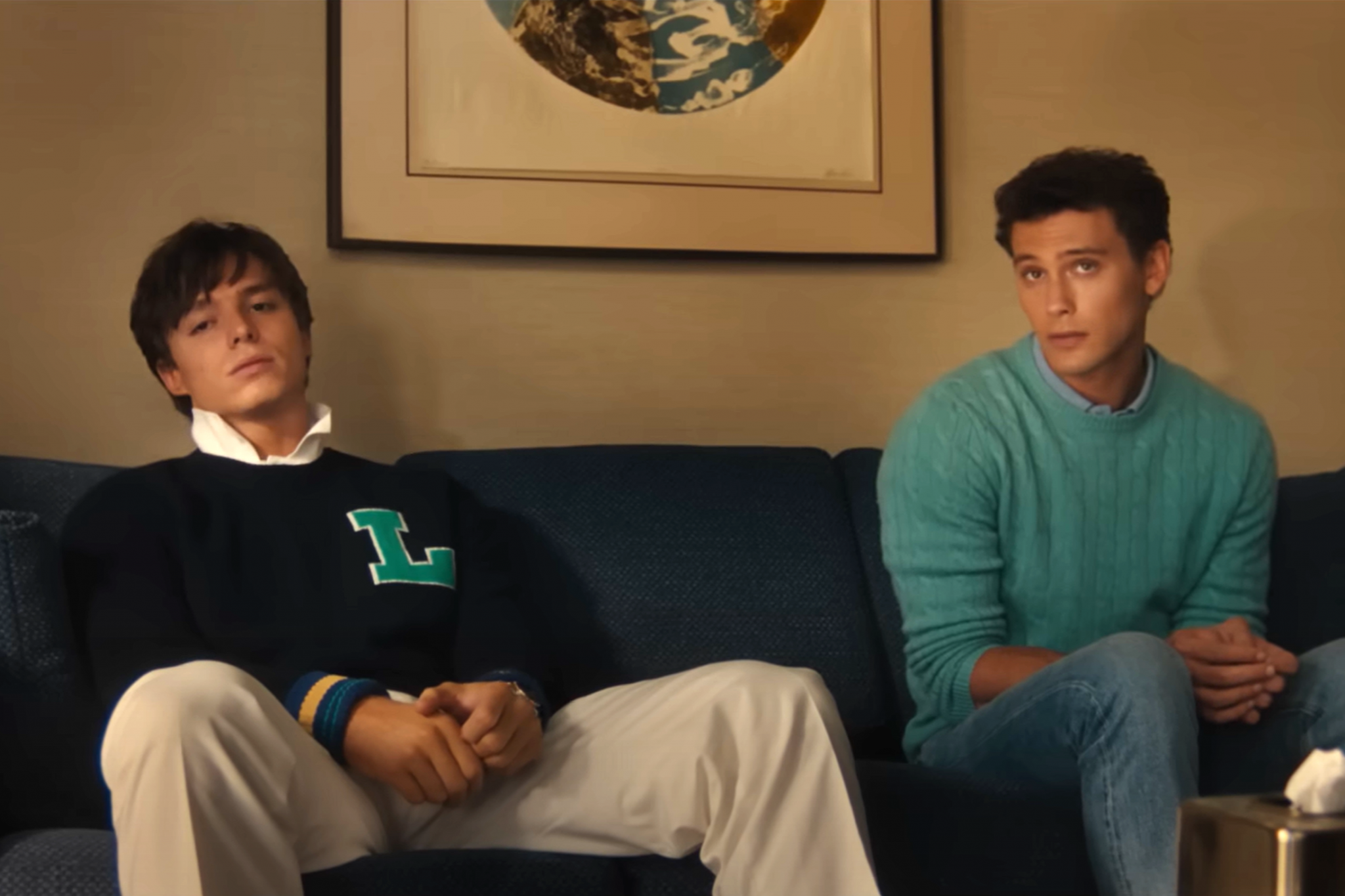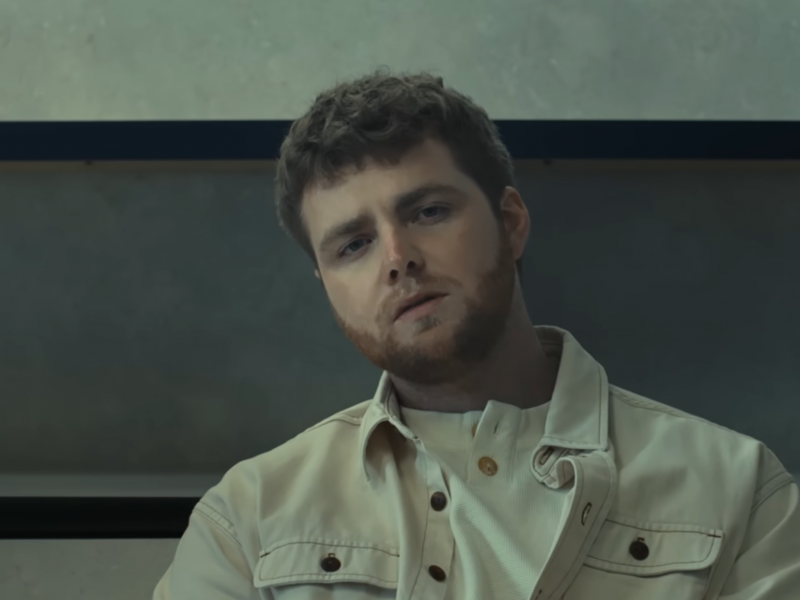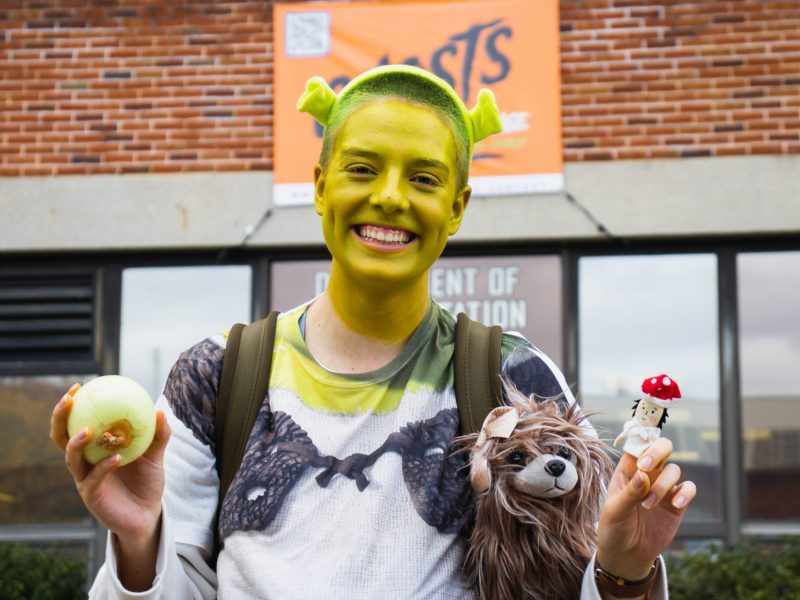In 1989, the wealthy and attractive Menendez brothers shot their parents in their Beverly Hills mansion and the murders were absolute catnip to the public.
Saturday Night Live parodied the brothers in skits, newspapers ran countless think pieces, and networks televised the trials nationwide.
Soon after the nationwide spectacle, the brothers were found guilty in the second of two tumultuous trials. Despite shocking allegations of sexual abuse that permeated the case, the world soon forgot about Erik and Lyle Menendez, who were sentenced to life without parole in 1996.
More than thirty-five years later, the brothers have reentered popular culture through Ryan Murphy’s crime drama, “Monsters: Lyle and Erik Menendez Story” and the TikTok discourse it’s sparked.
[5 podcasts every college student should tune into]
The hit Netflix show sparked a multitude of conversations — from hot-headed internet wars to poignant conversations about male sexual abuse victims.
In the era of virality and bandwagon hopping, pop culture and crime have bizarrely overlapped. Social media allows anyone to broadcast their opinions on case evidence, testimonies and character depositions.
With the surge of online discourse and petitions following the shows debut, it’s hard to overlook the link between the momentum of the TV drama and the renewed interest in the decades-old case. Despite some public aversion to the spectacle of “Monsters,” the show has actually helped the Menendez brothers.
“Fans” of the brothers have created a “Free the Menendez Brothers” petition on Change.org, and amassed more than 107,000 signatures.
More recently, the L.A. County District Attorney filed a motion for resentencing the brothers. A hearing, set for Dec. 11, could open the door to parole.
Online, people are on the edge of their seats, waiting to see if the brothers will finally be released. It’s a rush for those who have “participated” in the parasocial examination of the case to see potential results — giving them a sense of importance and productivity as if their internet clicks might have played a part in the brothers’ potential release.
[‘BLKDOG’ at The Clarice examines trauma through contemporary dance]
The relationship between criminals and the average social media user has become blurred, leading many to believe they truly know figures like the Menendez brothers, Gypsy Rose Blanchard or Gabby Petito through documentaries or TV shows.
These relationships spark an urgency for justice that seems to be extrapolated from a simple Instagram picture or TikTok video. When old court tapes from cases resurface, they often spark thousands of comments debating victims and lawyers.
This phenomenon has turned the brothers’ defense lawyer, Leslie Abramson, into a hero. Clips of her defense have gone viral, drawing thousands of comments that praise her as a powerful woman, an angel or a champion.
After seeing countless videos of Abramson edited to a J. Cole song, it feels almost unnecessary for Murphy’s show to exist — we’ve already fictionalized the people in this case ourselves.
These extrapolations stem from the legal system’s insular nature, filled with difficult jargon and slow-moving processes that can make people’s eyes glaze over. Shows like “Law and Order” and “Monsters” have streamlined trials, case evidence and court documents, glamorizing true crime with heart-throb actors and witty dialogue.
It would be undoubtedly taxing to sift through court documents, submitted evidence and motions filed by legal counsel. Instead, this new age of true crime makes all of us the jury, for better or worse.



